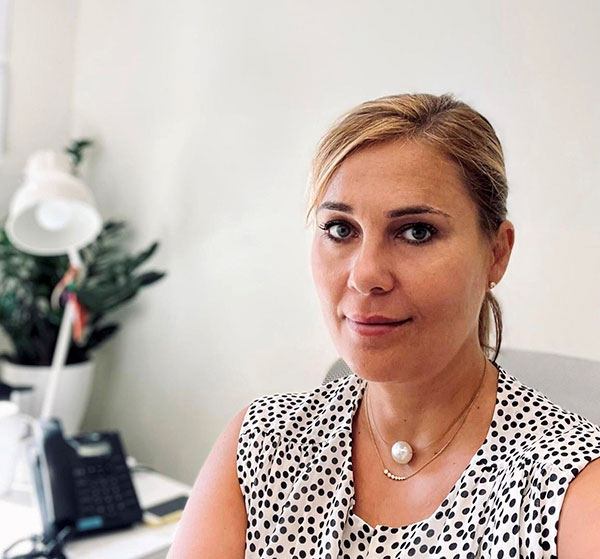Seminar: Introduction to Social Standards (sedex SMETA, amfori BSCi, RSCI and SA8000)
October – November 2024

Socially responsible companies pay great attention to their responsibility towards their employees, and this topic is increasingly recognized by companies that demand the same from their suppliers, especially in business with companies in the European Union market. The quality and safety of the products are something that is expected today, but application of social standards has become the first step in confirming new suppliers for the foreign market, and depending on the industry, customers set different standards for our companies.
Responsible Business Hub, in cooperation with the Regional Chambers of Commerce of Kragujevac, Kraljevo, Užice, Kruševac, Novi Sad, Subotica, Zrenjanin, Kikinda, Sombor, Valjevo, Niš, Leskovac Zaječar, Belgrade, Pančevo and Požarevac, organized a free of charge informative seminars together with CSR Expertd hub LLC, in order to provide support and advises to companies in Serbia by the introduction of social standards.
Changes of legislation in the European Union, first in Germany, with the adoption of the Law on Due Diligence in the Supply Chain on January 1, 2023. , and then with the adoption of the European directive on due diligence in the supply chain on 07/25/2024. opened questions of compliance with social standards when choosing business partners in the European Union market, which also applies to suppliers of European companies outside this market. Considering the fact that the economy of the Republic of Serbia is turned to the companies from the European Union and that many exports are realized in this market, the application of European regulations that regulate the observance of social standards significantly affects the maintenance of existing and further improvement of business relations.
Compliance with social standards (sedex SMETA, amfori BSCi, RSCI and SA8000) means meeting defined criteria in the field of working conditions, safety and health at work, economic and social rights of workers, and environmental protection. The regulations and standards that regulate this area, prescribe in detail the minimum conditions that must be met for a company to be considered socially responsible. The goal is to prove that the products that are placed on the European Union market are produced by socially responsible companies, in which the rights of workers, working conditions, and safety and environmental protection are fully respected. In this way, discrimination of workers in various forms is prevented, either through inadequate working conditions that impair health or endanger safety, or through inadequate wages that are below the limit of the expected value of work in a certain field. Also, serious violations of social standards are prevented, such as forced labor or the employment and abuse of children in the work process, as well as non-compliance with environmental protection regulations.
We can conclude that the application of social standards brings order in the area of basic work principles, which are an elementary prerequisite for respecting human dignity and human rights. Therefore, for any serious company that respects elementary principles and regulations, the adoption of these standards does not represent a special obstacle to doing business in the European market.





